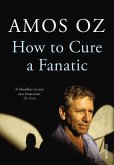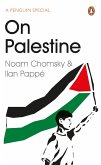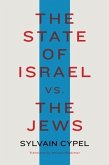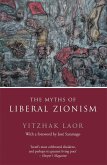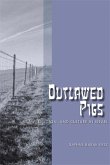A groundbreaking history that shows how peace between Egypt and Israel ensured lasting Palestinian statelessness The 1978 Camp David Accords and the signing of the Egypt-Israel peace treaty are widely viewed as a triumph of U.S. diplomacy in the Middle East. Yet the Palestinians-the would-be beneficiaries of this vision for a comprehensive regional settlement-remain without a state to this day. How and why Palestinian statelessness persists are the central questions of Seth Anziska's groundbreaking history of the Palestinian-Israeli peace process. Based on newly declassified sources and interviews with key participants, Preventing Palestine charts how Egyptian-Israeli peace was forged at the cost of sovereignty for the Palestinians, creating crippling challenges to their aspirations for a homeland-hurdles that only increased with Israeli settlement expansion and Israel's 1982 invasion of Lebanon. The first Intifada and the end of the Cold War brought new opportunities for a Palestinian state, but the 1993 Oslo Accords undermined the meaning of independence. Filled with astute political analysis, Preventing Palestine offers a bold new interpretation of an enduring struggle for self-determination.


